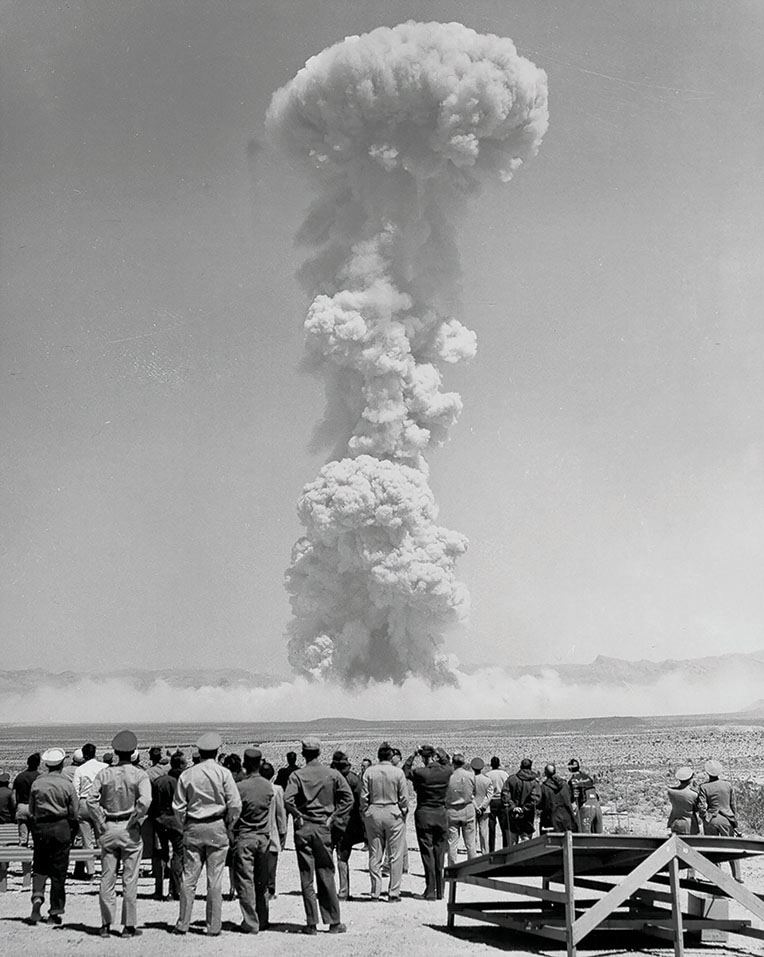Despite indications of potential support by the House for extending and expanding the Radiation Exposure Compensation Act (RECA) by the June 10 expiration, Speaker Mike Johnson (R, LA), did not bring it to the floor for a vote in time. While the program’s cost was the main issue, Congress has been more than willing to give the nuclear industry billions through the Advance Act.
This inaction has drawn criticism, notably from Sen. Josh Hawley (R-Mo.), who expressed concern over the House’s failure to act. In an interview with Spectrum News, Hawley said, “They’re going to have to explain to the American people why they don’t want to help our veterans, they don’t want to help folks exposed to radiation.” About fifty house members left for France for D-Day celebrations to honor WWII veterans, ironically, while leaving Americans suffering from radiation exposure in the lurch.
During a recent panel discussing RECA and the new film “First We Bombed New Mexico,” the urgency of the situation was highlighted by supportive members of Congress. The proposed expansion of RECA aimed to provide justice and compensation to thousands of Americans, including uranium miners, plant workers, downwinders, and communities affected by radioactive contamination. Coverage would have been extended to individuals in Idaho, New Mexico, Montana, Guam, Colorado, Tennessee, Kentucky, Missouri, and Alaska, where contamination from uranium mining, enrichment, improper disposal, or nuclear weapons testing has impacted people.
The common sentiment among those seeking justice is that Congress is merely waiting for radiation victims to die.

Operation Teapot, 1955. Photo courtesy the National Nuclear Security Administration/Nevada Test Site Office
